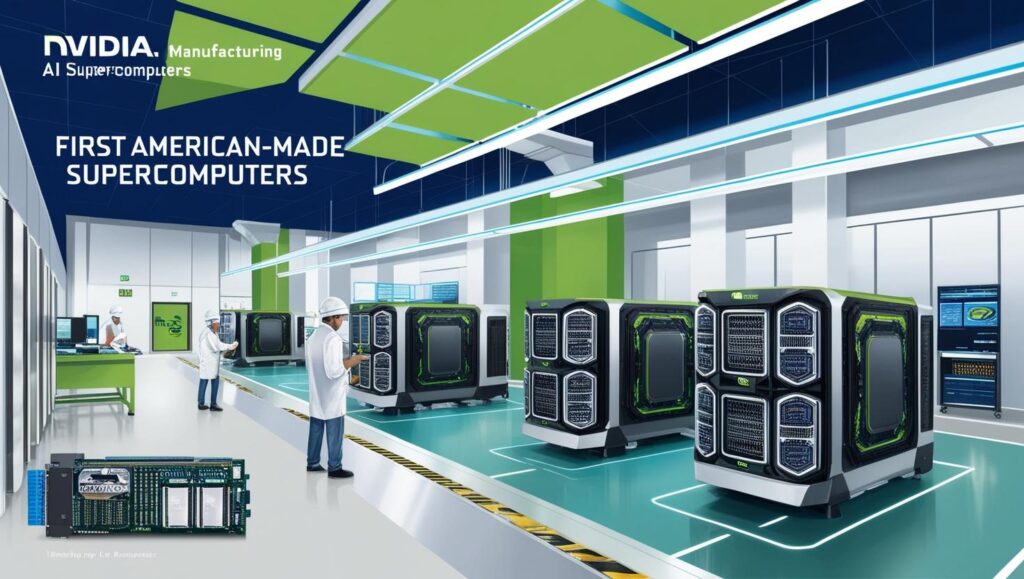After years of speculation and delays, Tesla has officially entered the Indian market. The EV giant launched its first showroom in Mumbai’s Bandra-Kurla Complex and unveiled two variants of the Model Y, marking a historic moment for India’s electric vehicle industry. But beneath the fanfare lies a critical question: Can Tesla survive in one of the world’s most price-sensitive and competitive markets?
What Tesla Has Brought to India
Tesla is offering two configurations of the Model Y:
- Model Y Rear-Wheel Drive (RWD) with approximately 500 km range
- Model Y Long-Range RWD with around 622 km range
Customers can also purchase Tesla’s advanced driver-assistance package for an additional ₹6 lakh. Both variants come with a 4-year or 80,000 km warranty on the battery and drive unit.
The Pricing Controversy
Tesla’s Indian pricing has triggered widespread backlash online. The starting price for the RWD model is around ₹60 lakh, while the Long-Range variant costs approximately ₹68 lakh. With additional options and taxes, the final price could reach nearly ₹80 lakh, more than double its cost in the U.S.
The primary reason behind this price spike is the high import tariff of up to 70%, along with a luxury tax of nearly 30%. Although the Indian government recently introduced a 15% concessional duty for EV companies committing to local manufacturing, Tesla’s current models are being imported from Shanghai, China, as fully built units.
Public Reaction: Enthusiasm Meets Disappointment
While Tesla’s Indian debut has drawn global headlines, local reactions are mixed. Early reservation holders have expressed frustration over Tesla’s delayed entry and lack of communication. Some have even demanded refunds. Critics argue that Tesla’s “affordable premium” tag does not hold up in a country where rival brands like Tata, MG, and BYD offer EVs at a fraction of the cost.
Social media users have mocked the pricing, with the term “TAX-LA” trending across platforms, a satirical take on Tesla’s name and India’s heavy import duties.
The Competitive Landscape
Despite the excitement, Tesla faces stiff competition from both international luxury brands and Indian EV startups. BMW, Mercedes, and Audi already have a strong foothold in the premium EV segment. On the other end, local players like Tata Motors dominate the mass EV market with models priced under ₹20 lakh.
Industry analysts believe Tesla will struggle to disrupt either segment unless it localizes manufacturing and lowers its price points significantly.
Infrastructure and Expansion Plans
Tesla plans to install Superchargers in Mumbai and Delhi NCR, with eight charging points expected initially. However, the lack of a widespread charging network and after-sales support raises concerns about long-term customer satisfaction.
The company is also recruiting for various roles in India and is expected to launch more showrooms in Delhi and Bengaluru in the coming months. Beyond EVs, Tesla may explore opportunities in solar energy and satellite internet (Starlink) as part of its India roadmap.
Conclusion: A Historic Yet Hazy Start
Tesla’s arrival in India is a significant milestone for the country’s EV ecosystem, but challenges remain. High pricing, limited infrastructure, and fierce competition could slow down its momentum. Whether Tesla becomes a game changer or just another luxury brand in India will depend on how fast it can adapt to local market realities.

